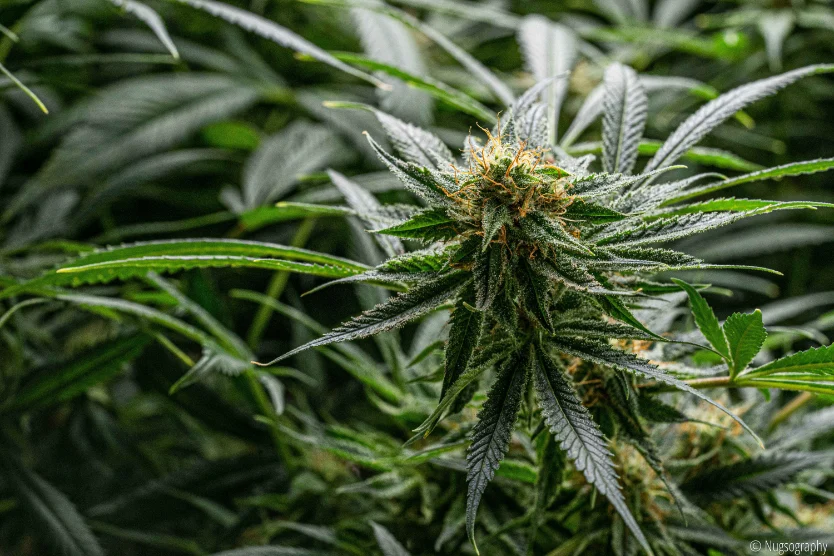As a cannabis-focused company based in Syracuse, NY, High Peaks is passionate about providing our customers with top-quality cannabis products that are safe and effective. To ensure that our products meet the highest standards, we rely on Certificates of Analysis (COAs) to verify their potency and purity. Unfortunately, not all dispensaries take the same level of care when it comes to reading and understanding COAs.
This can be a serious problem for customers, as well as for the dispensaries themselves, who may be exposed to significant dangers and liabilities. That’s why we’ve put together this article, which explores the risks of not carefully reviewing COAs and the potential consequences that can result. We hope that this information will help dispensaries everywhere better understand the importance of COAs and the role they play in protecting both businesses and customers.
What is a COA and why is it important for dispensaries?
Certificates of Analysis (COAs) are documents that provide information about the composition and quality of cannabis products. They include information about potency, contaminants, and other extremely important details. COAs are important for dispensaries because they help ensure compliance with state and federal regulations. By carefully reviewing COAs, dispensaries can be confident that their products meet all requirements and are safe for customers.
In addition, COAs can help dispensaries build trust and credibility with customers. By providing detailed information about their products, dispensaries can demonstrate their commitment to transparency and quality. This can help to build brand loyalty and attract new customers in a highly competitive industry. Overall, COAs are a critical tool for dispensaries that are serious about providing their customers with safe, effective cannabis products.
The potential risks and consequences of not reading a COA as a dispensary
Not carefully reviewing a Certificate of Analysis (COA) can have serious consequences for dispensaries. The biggest risk is that the dispensary may unknowingly sell products that are contaminated or impure, which can pose serious health risks to customers. In addition, failing to comply with state and federal regulations can result in significant fines and other penalties. Dispensaries that do not prioritize reviewing COAs can also face damage to their reputations if their products are found to be unsafe or non-compliant.
This will almost certainly lead to a loss of business, and possibly even legal action. By contrast, dispensaries that make a habit of carefully reviewing COAs can build trust with their customers and position themselves as leaders in the industry. This attention to detail can help protect both customers and the dispensary itself from potential dangers and liabilities, and reputational damage.
Best practices for reading and utilizing COAs to minimize liabilities
To minimize liabilities and ensure compliance with state and federal regulations, dispensaries should follow best practices when reviewing and utilizing Certificates of Analysis (COAs). The following are some key steps that dispensaries can take to maximize the value of COAs:
- Review COAs carefully and thoroughly, paying close attention to any contaminants or impurities that may be present.
- Verify that the COA matches the product being sold and that the test results are current and accurate.
- Keep accurate records of all COAs, as well as any corrective actions taken in response to any issues that are identified.
- Use COAs to inform product development and improve quality control processes.
By following these best practices, dispensaries can ensure that they are providing their customers with safe, high-quality products, while also protecting themselves from potential dangers and liabilities. In addition, these practices can help dispensaries build a reputation for transparency and quality, which can attract new customers and build brand loyalty over time.





